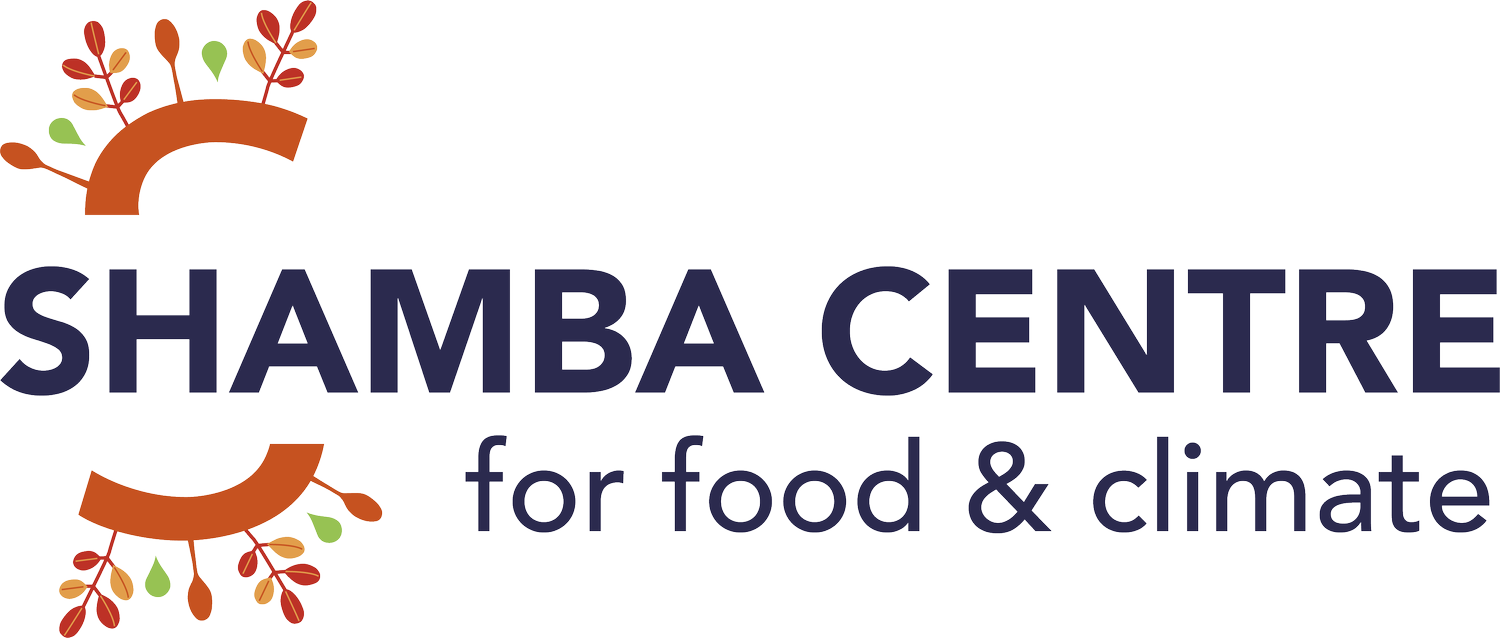
The quest for scale and the rise of the development monopolies: An unintended consequence of FFD4 2025?
10 July 2025, Oshani Perera, Co-founder and Director of Programmes
Having spent four days at 4th International Conference on Finance for Development 2025, it might be easy to optimistic about the global development agenda. Delegations led by ministers and head of states indicated commitment to multilateral processes. Their work resulted in a borrower’s club to help indebted countries, provisions to allow multilateral development banks to include debt suspension clauses in their loans, initiatives to tax the super-rich and their private jets, and hubs to advise on sovereign debt swaps.
But as always, questions do emerge when looking closer:
The global development agenda did not progress as well as anticipated not for the lack of money, but because developing countries do not have the wherewithal to absorb these funds. This was not discussed at all.
The reform of UN agencies to make them fit for purpose in a post 2030 era was also not discussed. However, every single UN agency delegation touted representatives with titles that included ‘innovative finance’, ‘blended finance’, ‘new finance’, ‘catalytic’ finance, etc. More noteworthy is that they spent most of the summit lobbying donor delegations and jostling for their attention. Some of these experts also were promising a time when UN agencies would raise funding from capital markets through innovations in impact bonds. How these new monies will be used, however, was not discussed.
The multilateral development banks (MDBs) and the World Bank Group, where reforms are ongoing, made bold calls on their shareholders for fresh capital. But missing again was the hard truth that unless they provide guarantees, take foreign exchange risks and provide political risk insurance, development finance will continue to falter.
Then there was the buzzword: scale. Donors, governments, UN agencies, banks and hangers-on were all united on ‘scaling’. Is this because it plays to their size and status quo?
If donors call for scale and disburse only large ticket sizes, these monies will go to the World Bank Group, MDBs and to UN agencies that have the head count and the administrative ‘army’ to process it. But are these giant bureaucracies the best conduits for measurable outcomes? Their track record over the last 70 years does not indicate that they are.
Similarly, if donors in their quest for scaling replenish MDBs, the World Bank Group and UN agencies without counter commitments to less bureaucracy, more accountability, and more impact, will they ‘fix aid’ as they say they wish to do?
When developing country governments call for scale, they are looking for quick political wins, where contracts, sub-contracts and employments opportunities are large enough. Do they see climate smart agriculture, low carbon public transport, a reduction in children engaged in hazardous work or the restoration of mangroves to guard against extreme weather as ‘scale’? Rarely.
Hence the question on my mind when leaving Finance for Development was this: As donors, development banks, UN agencies call for scale, are they cleverly consolidating their dominance of the development agenda? Are we giving rise to even more inefficient and unaccountable monopolies funded by public taxpayers? Will the quest for scaling further entrench these bureaucracies in a race to the bottom on the political capital for ‘fixing aid’.
When NGOs and non-profit startups like our own talk about scale, we might be doing it at our own peril. We are inadvertently the opening doors for donors to disburse large sums to development banks, the UN and other large ‘aggregators’ and trust them to take on the ‘transaction costs’ of regranting them to us. Given the notable overheads of these entities, the sums that are passed on are meagre and disproportionate to the innovation, vigour and accountability with which they are used. This is a grave injustice.
Scale is not about size but about impact; and impact is all about good data, intelligent design, the right skills and thoughtful implementation. Smaller projects in terms of geography and budget can have long lasting impact. It would be a huge mistake to dismiss them as ‘unscalable’.
Donors should not overlook the fact that innovation also happens in enterprises that start small. Their founders take on risk capital and count on their instinct. Their investors reward them with advice and reinvestment, while market forces take them to scale. In the development world the reverse is at play. Smaller entities that have innovative ideas have no access to risk capital or early reinvestment as donors no longer fund the ticker sizes they need. Worse still, as donors give out ‘free’ capital to large entities simply because of their size rather than their impact, they distort markets, suppress innovation and experimentation, and the right to fail.
A fundamental in investing is that money flows to where risk and return find agreement. Donors, too, should follow this principle, ensuring their funds are allocated where the balance of risk and return drives meaningful impact. Similarly free and efficient markets thrive because they allow firms of all sizes to operate, compete, and co-exist, driving innovation and efficiency. Development systems should embody this same principle – fostering diverse actors who can deliver better outcomes through collaboration and competition.
